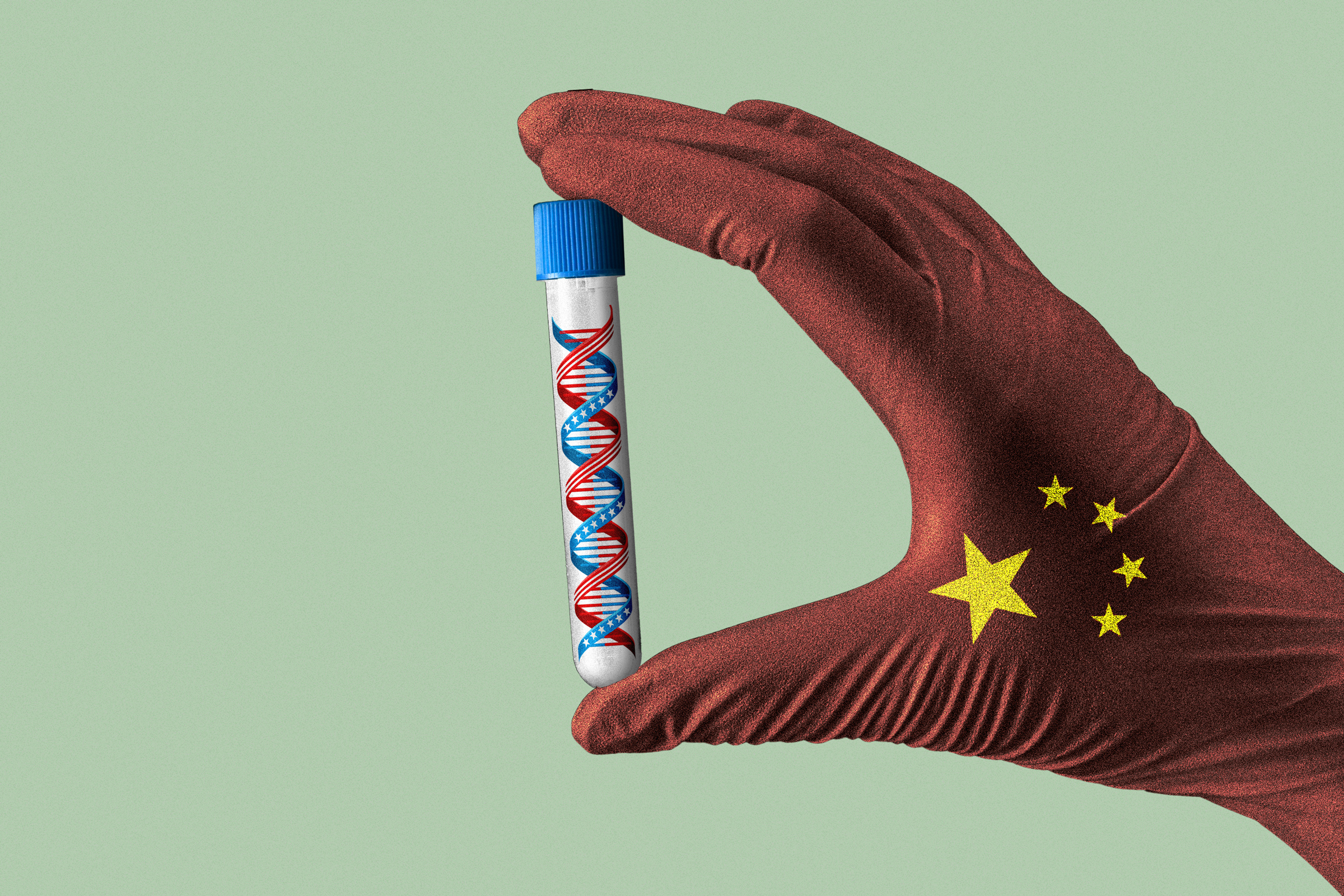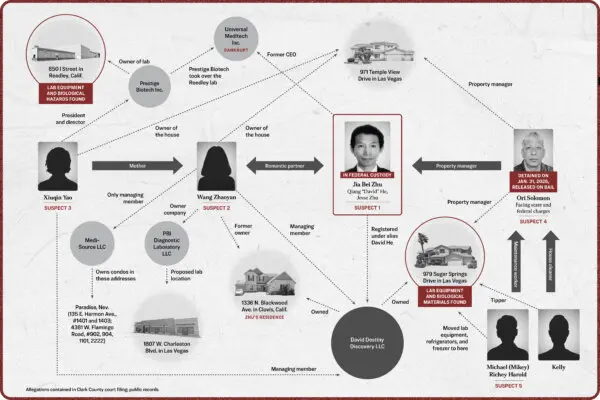China has aggressively collected Americans’ genetic information for years, and coupled with biotechnology advances, national security concerns have grown. Multiple states are now taking action to protect DNA data.
“You can actually take someone’s DNA, take their medical profile, and you can target a biological weapon that will kill that person or take them off the battlefield or make them inoperable,” Rep. Jason Crow (D-Colo.), a member of the House Intelligence Committee, said during the 2022 Aspen Security Forum.










